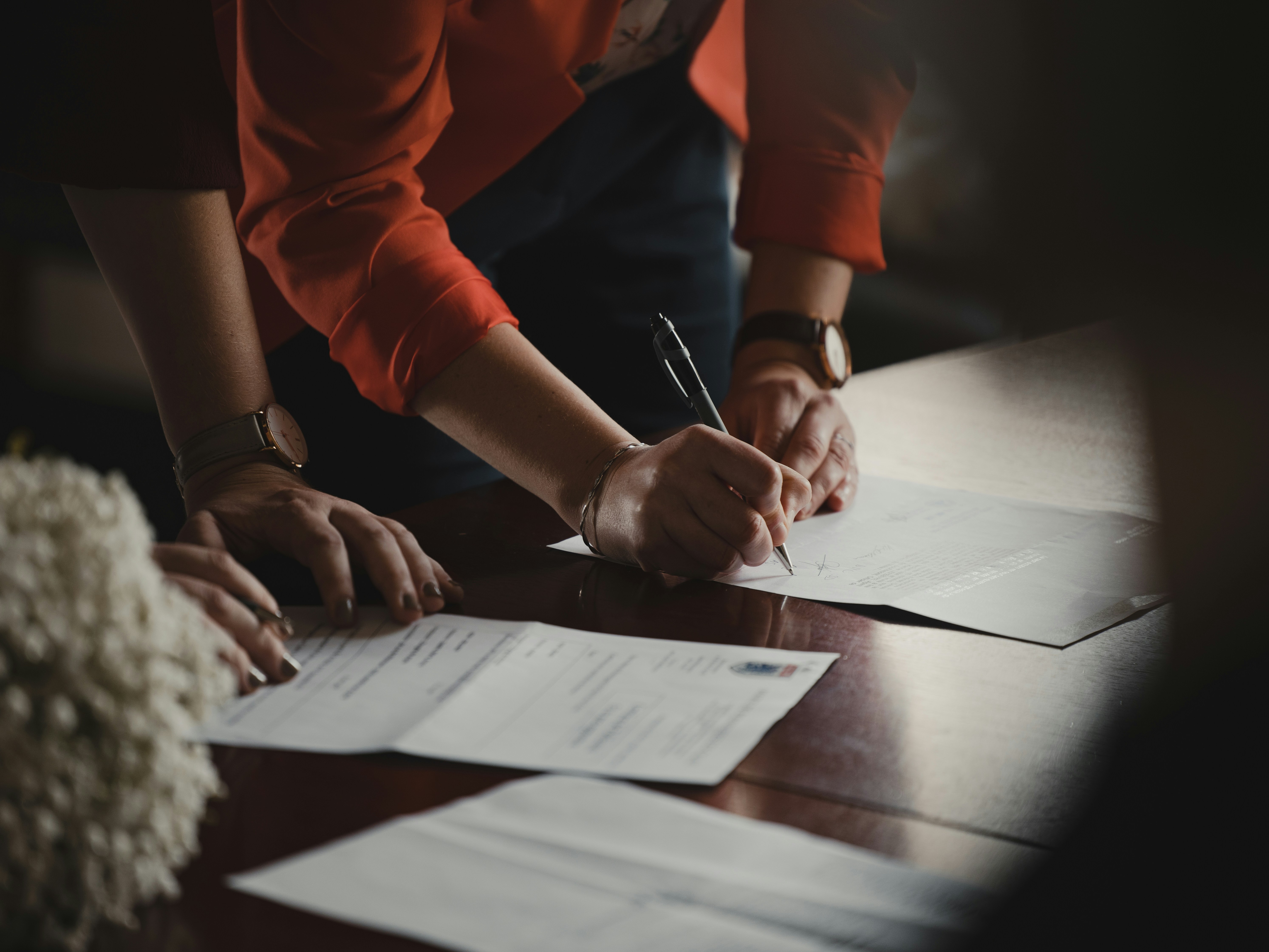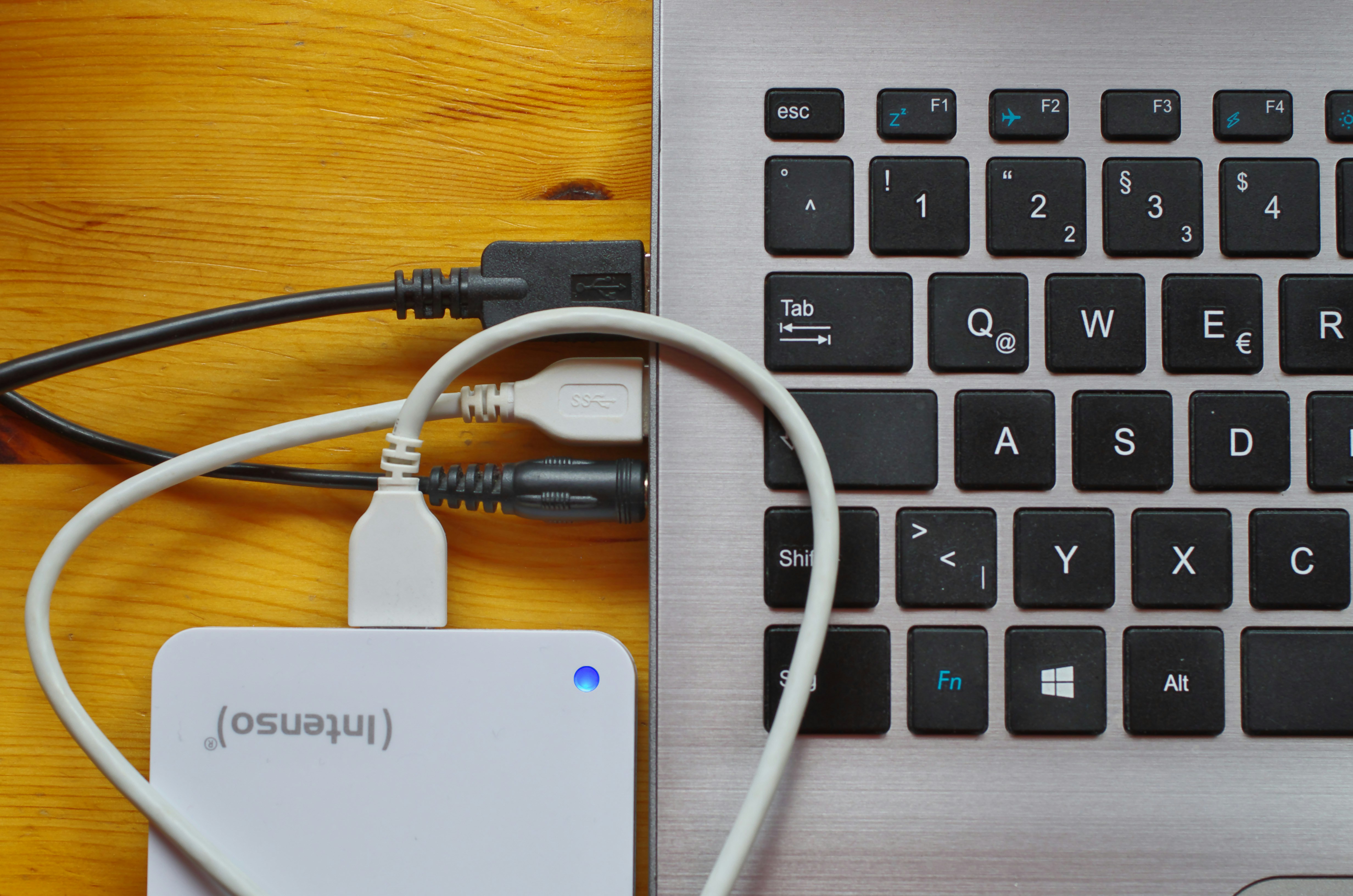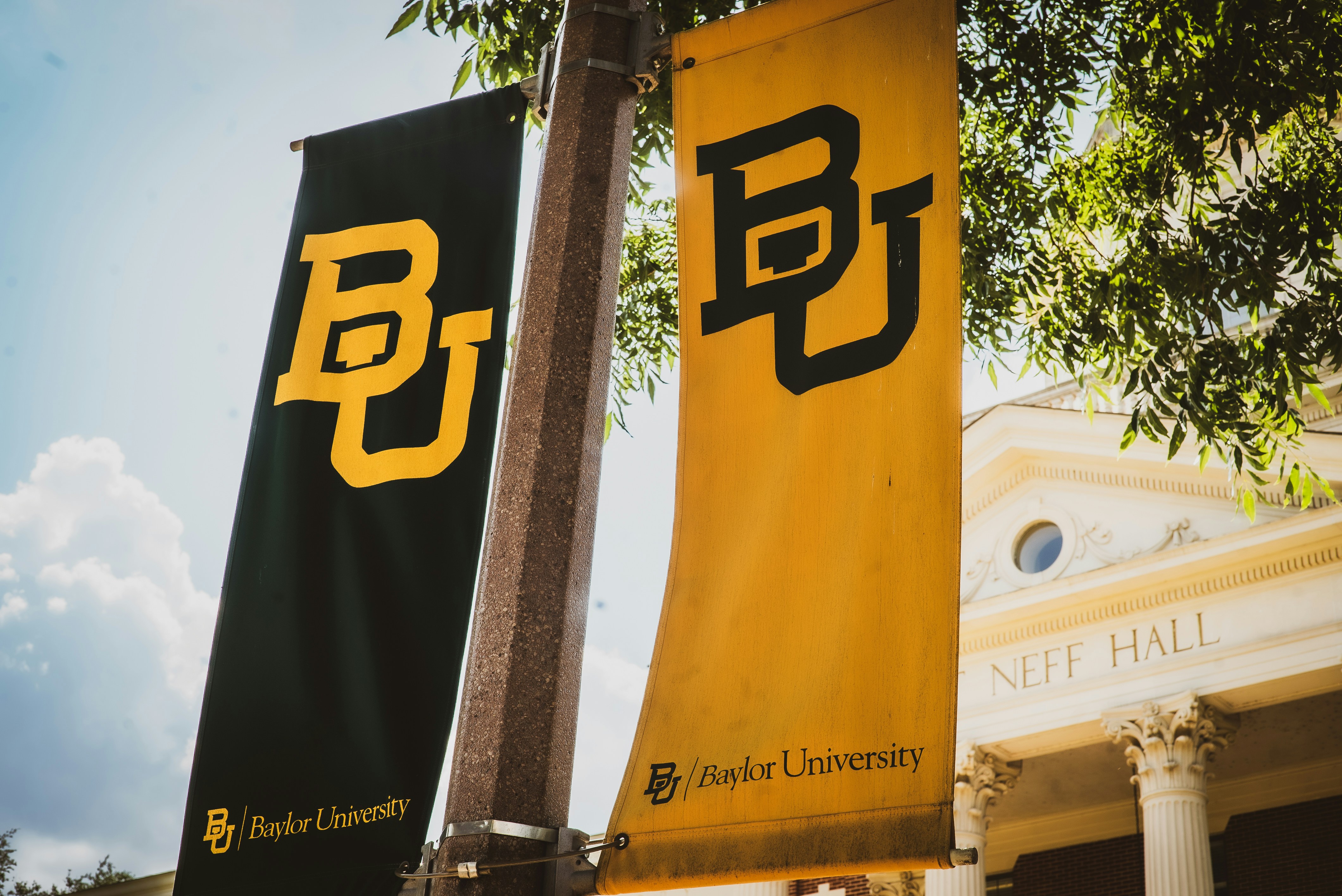
NIL or NFL? Why New Changes to NIL Laws May Keep Athletes in College
.jpg)
In the late spring and early summer, all four major sports leagues hold their first-year entry player drafts, the most popular being the National Football League (NFL) Draft. Many sports fans have romanticized the NFL Draft due to the public display of athletes; dreams coming true in real time. However, the allure of the NFL Draft is changing due to recent developments in college sports Name, Image, and Likeness (NIL) that favor some athletes staying in college.
In July 2021, the National Collegiate Athletic Association (NCAA) issued a new policy allowing college athletes to capitalize on the use of their name, image, and likeness in response to the case NCAA v. Alston. This was due to the concurrence by Justice Kavanaugh, where he stated that student-athletes should be able to seek compensation because “[n]owhere else in America can businesses get away with agreeing not to pay their workers a fair market rate on the theory that their product is defined by not paying their workers a fair market rate.”
Since the NCAA made this policy change, student-athletes have been able to seek out sponsorship and endorsement deals that, in some cases, match or exceed what some professional athletes can earn. And following Alston, many other challenges regarding student-athlete compensation started to emerge. The most notable of these challenges can be found in the House case, which was recently approved earlier this month in a deal that will significantly change the way student-athletes can be compensated.
The most substantial change the House Settlement makes to student-athlete compensation is that NCAA member institutions are no longer prohibited from directly paying student-athletes for their NIL. In practical terms, this means that NCAA member institutions will now have the ability to use their funds to pay student-athletes, which in some instances could allow the member institutions to convince student athletes who are thinking about becoming professional to stay in college sports.
Many NCAA member institutions speculated that the House settlement would be approved months before it was. Based on this speculation, some athletic departments started reaching out to student athletes to negotiate direct compensation 2025-2026 school year to entice the student-athlete away from becoming a professional athlete.
One of these student athletes was standout Texas Longhorns quarterback Quinn Ewers, who was reportedly offered $8 million to play another season of college football instead of entering the NFL Draft. An offer that would have previously been prohibited under the NCAA rules before the House settlement. Ewers ended up turning down this offer and was drafted 7th round by the Miami Dolphins, where he is now projected to make nearly $7 million less than what he would have had he stayed in college.
Even though Ewers ultimately rejected the offer to stay in college, the offer itself signifies what will become the new normal in college sports following the House settlement. A normal where some athletes will be faced with making the difficult decision between maximizing their NIL in college or becoming a professional. And in cases like Ewers, becoming a professional may not always be the right decision for an athlete looking to maximize their earnings.
Ewers is likely the first of many student-athletes who will have to decide whether to take the money to stay in college sports or become a professional athlete. This difficult decision could lead more athletes to say “no thanks” to becoming a professional athlete because of the new lucrative nature of college sports post House settlement.
Following the approval of the House settlement, more student athletes may come across similar situations to Ewers. As a result, many athletes may choose to stay in college to maximize their financial earnings rather than becoming a professional. For that reason, college sports and professional sports drafts such as the NFL draft are likely to be changed forever.
Mark Klein is an Associate Attorney at Goss Law Group. Mark assists clients with business law, intellectual property, and NIL issues.

.png)













































